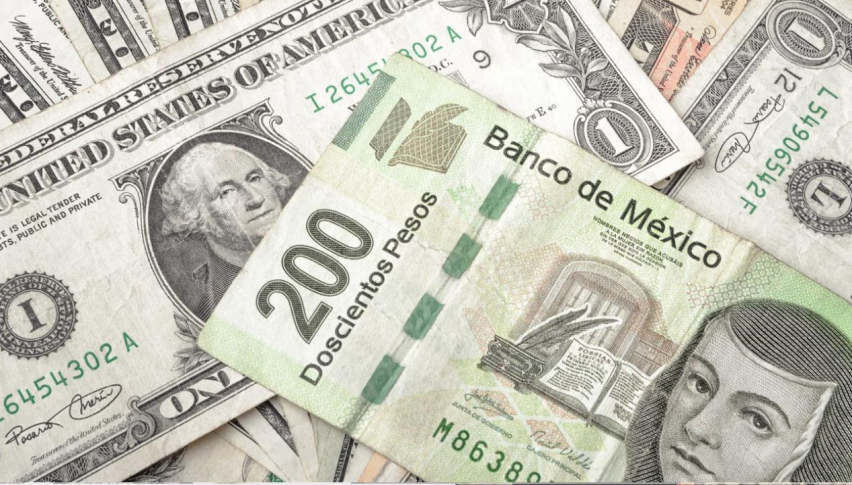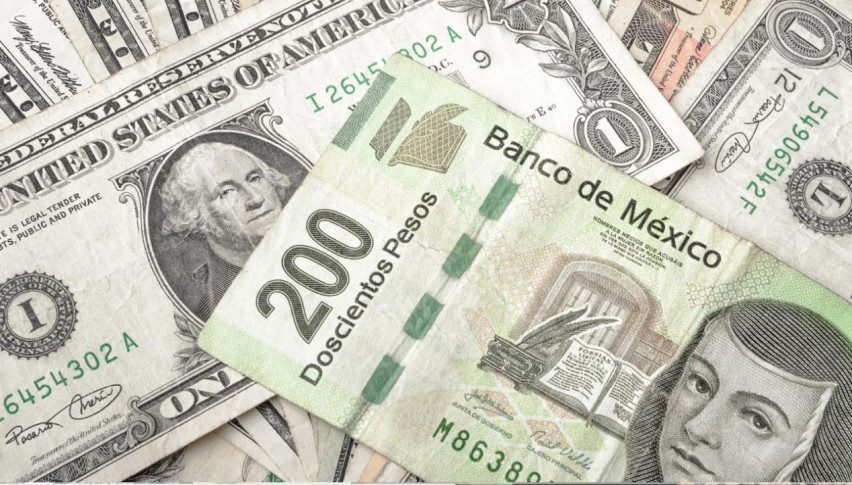eth-usd
The Peruvian government acknowledges that the economy is not recovering and decrees ten measures
Gabriel Micillo•Friday, February 23, 2024•2 min read
The Peruvian government acknowledges that the economy is not recovering and decrees ten measures
With the entry of four new ministers, under Dina Boluarte’s government, the Executive has approved an urgent decree regarding economic and financial matters.

While readings on Peru’s recession situation this year suggest that the country’s economy is most likely to experience the expected ‘rebound’ in 2024 —following a tragic 2023, where GDP contracted to levels not seen in decades— the new head of the Ministry of Economy and Finance (MEF), José Arista, prefers to be more cautious.
Despite economic expectations for the end of 2023 projecting a recovery of the country’s economy, this has not been observed, leading to an impact on economic actors, with the main emphasis on the most vulnerable sectors, as the growth of Gross Domestic Product, levels of private consumption, private investment, and employment have been reduced.
Thus, after a 2023 with various plans to reactivate the economy —such as the 25 measures of the Unidos Plan—, in an extraordinary edition of the official newspaper El Peruano, the government has approved an urgent decree with ten initiatives in ‘economic and financial matters for local and family economic reactivation’, which include advancements to other proposals previously announced.
These new ten measures that the Government will undertake are directed towards specific purposes and concerning various topics: municipal savings banks, agricultural producers, micro and small enterprises (MYPES), and even road infrastructure. These regulations approve the following:
- Exceptionally, the Ministry of Development and Social Inclusion (MIDIS), through the Social Development Cooperation Fund (FONCODES), will carry out road infrastructure maintenance activities.
- Food will be provided to vulnerable populations: district local governments will identify beneficiaries who did not receive the food basket delivery.
- There will be increased responsibility and limitation on the use of resources.
- Fiscal Responsibility and Transparency are temporarily suspended.
In recent years, Peru has grappled with significant political challenges characterized by political instability, corruption scandals, and leadership turnovers. The country has witnessed a series of presidential impeachments, including the removal of Pedro Pablo Kuczynski in 2018 and the resignation of his successor, Martín Vizcarra, in 2020 amidst allegations of corruption.
The lack of effective governance, coupled with a fragmented political landscape and weak institutions, has hindered Peru’s ability to address pressing issues such as economic recovery, social inequality, and public health crises, exacerbating the country’s political challenges.
Gabriel is a certified public accountant graduated from UNNE (National University of the Northeast, Argentina) and a software developer, currently pursuing a Master's degree in Finance and Economics. With nearly 8 years of experience working for accounting firms and brokerage firms. Concurrently, he has produced economic and financial reports on the current state of regional economies for the clients of the establishments where he has worked. Additionally, he assisted colleagues like Ignacio Teson in the drafting and editing of articles on similar topics in English language.
4 hours ago
 Save
Save
4 hours ago
 Save
Save
1 day ago
 Save
Save



















